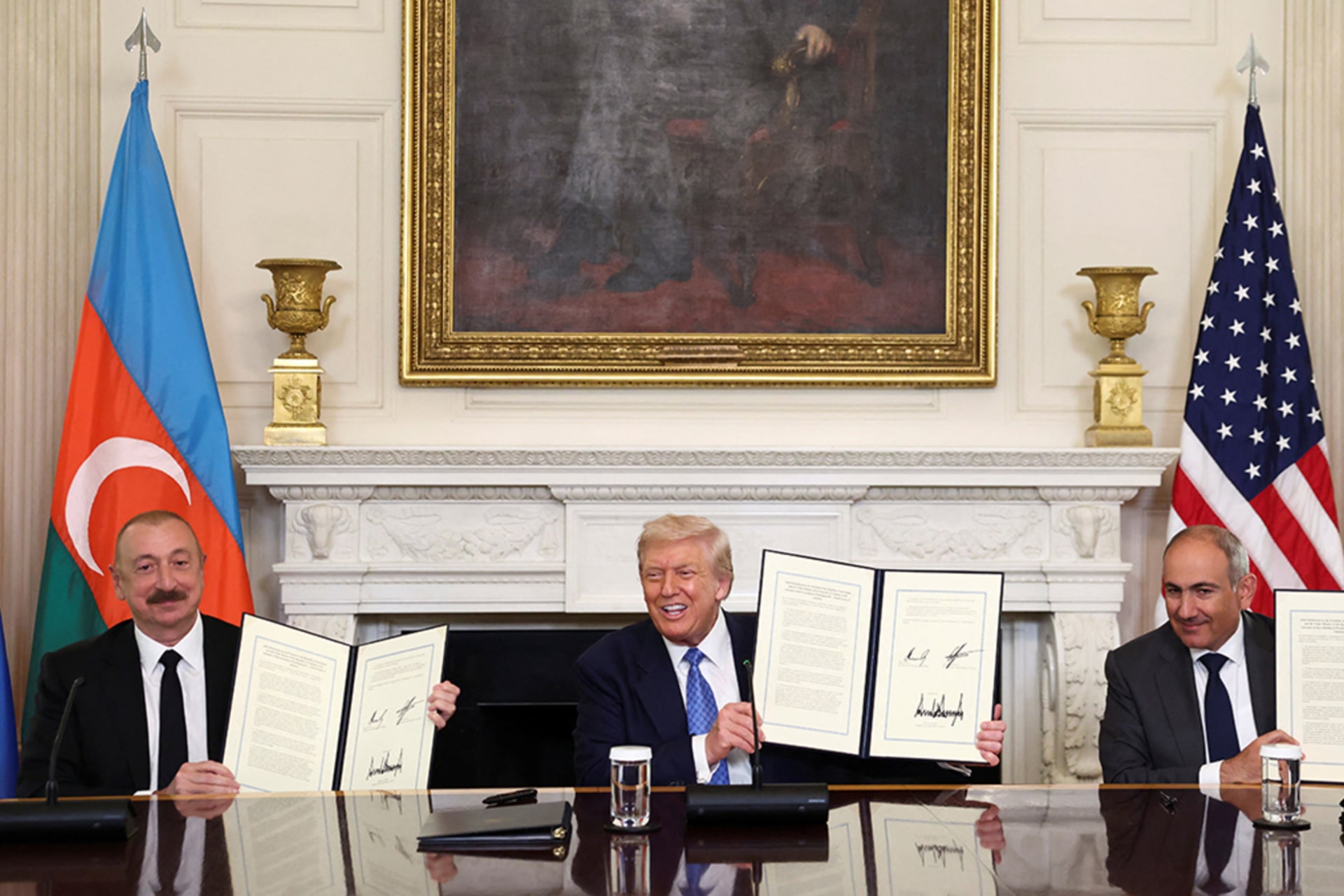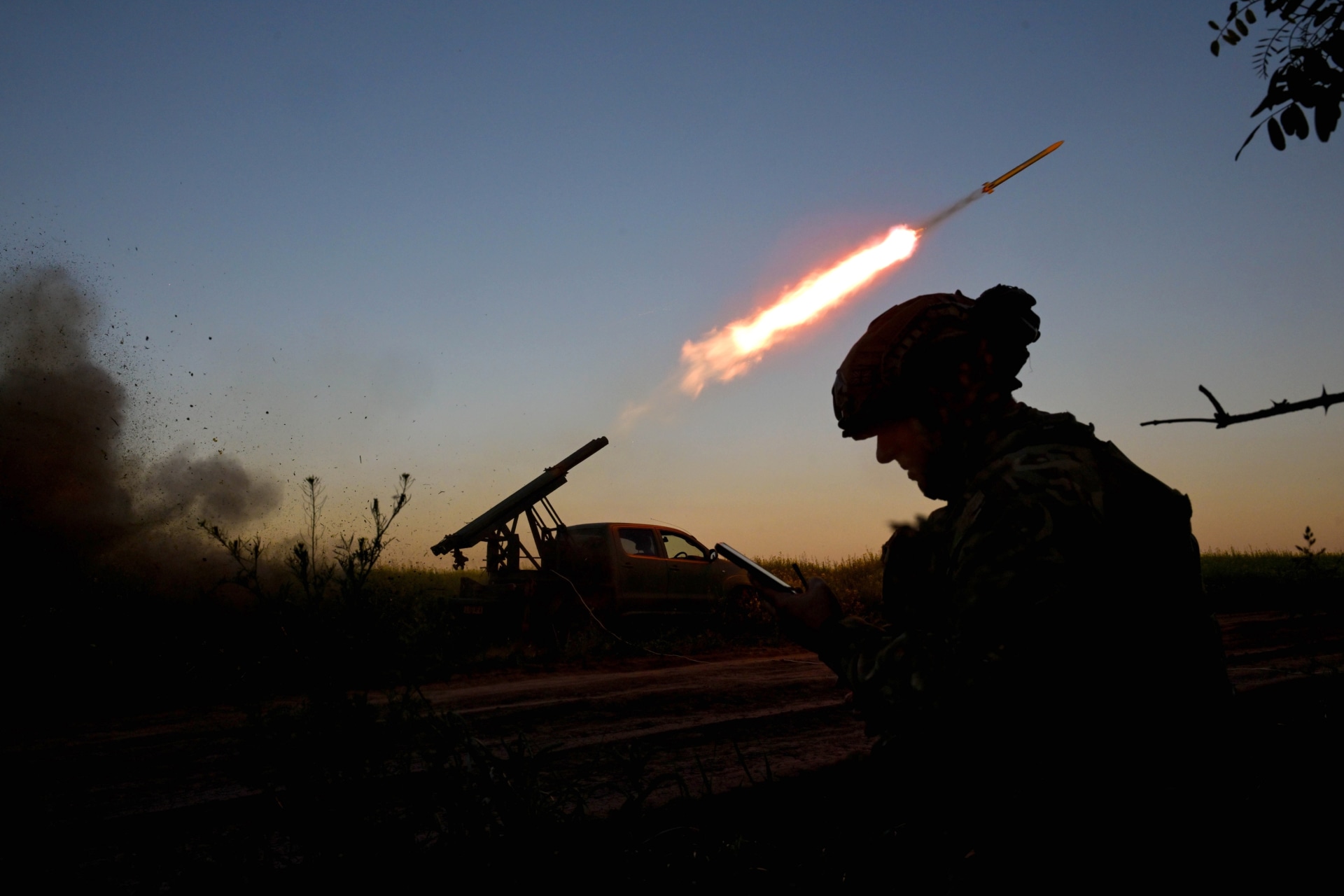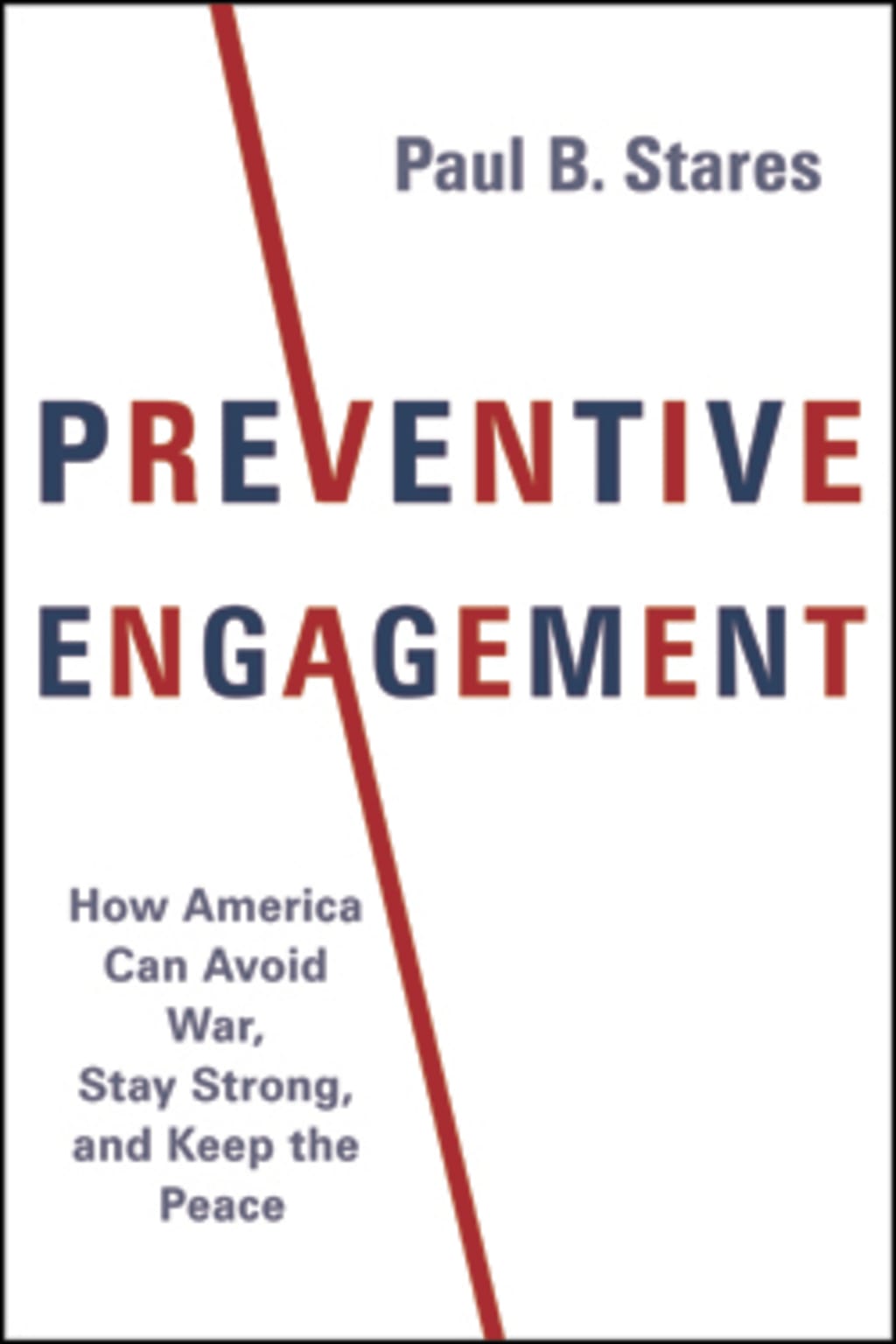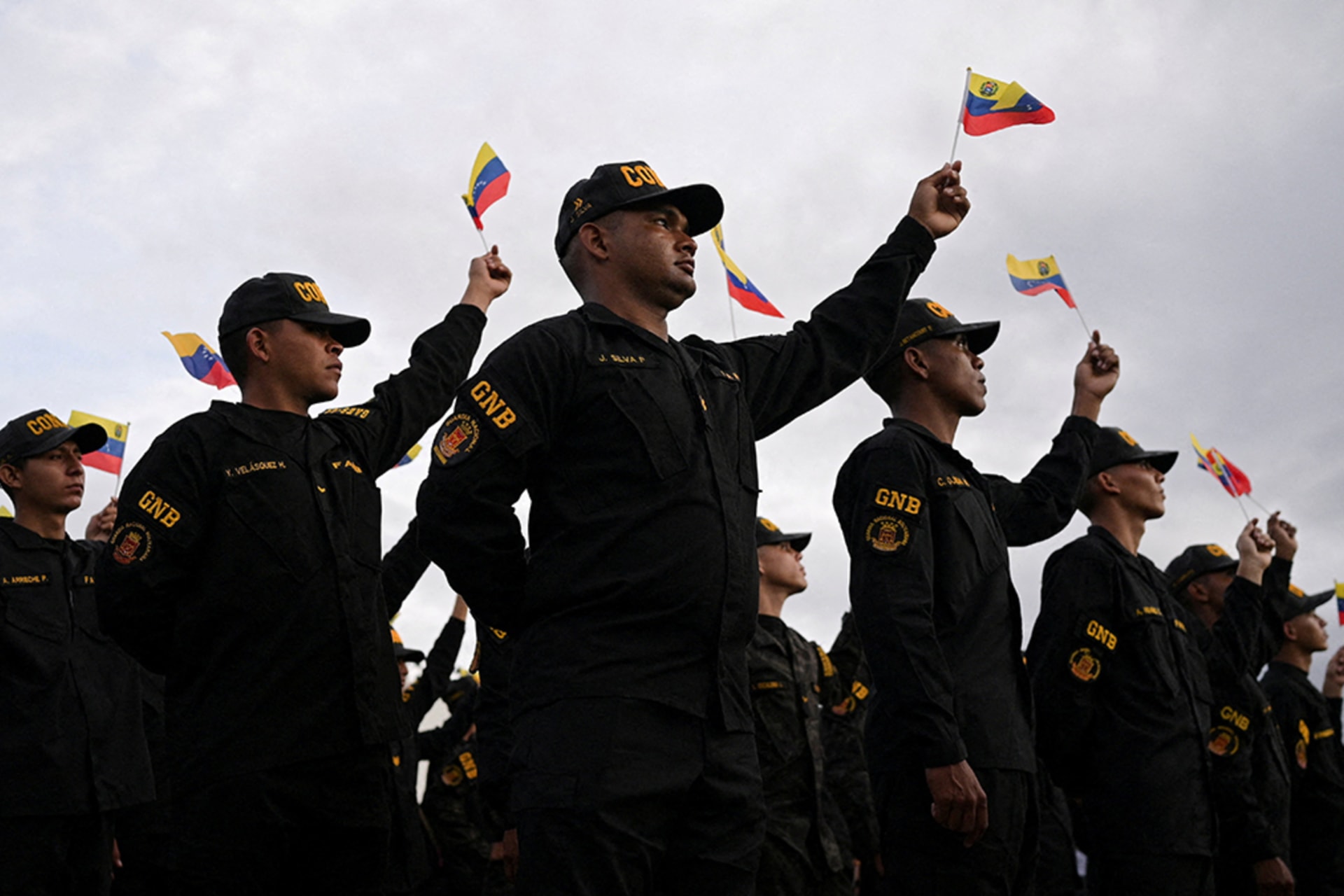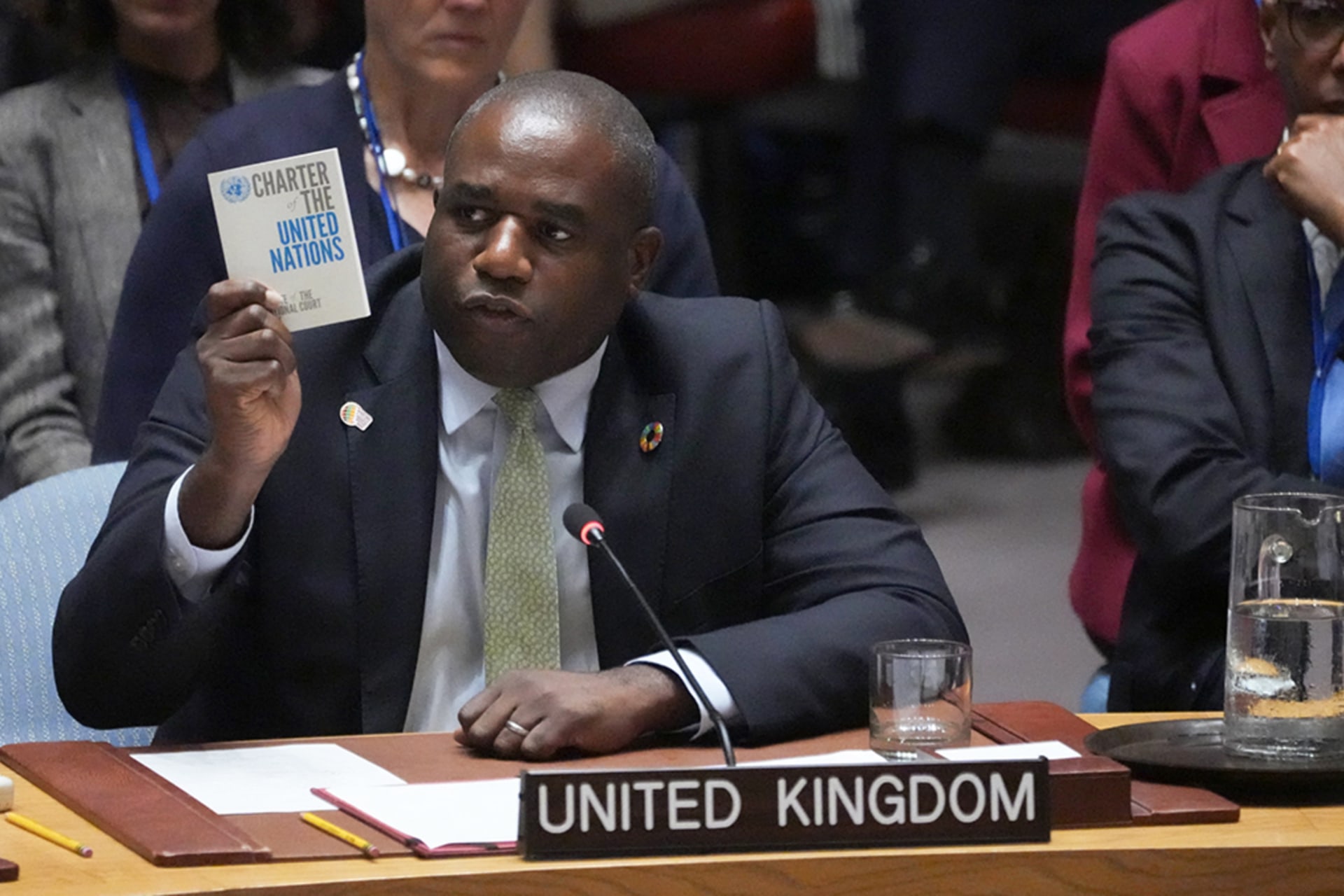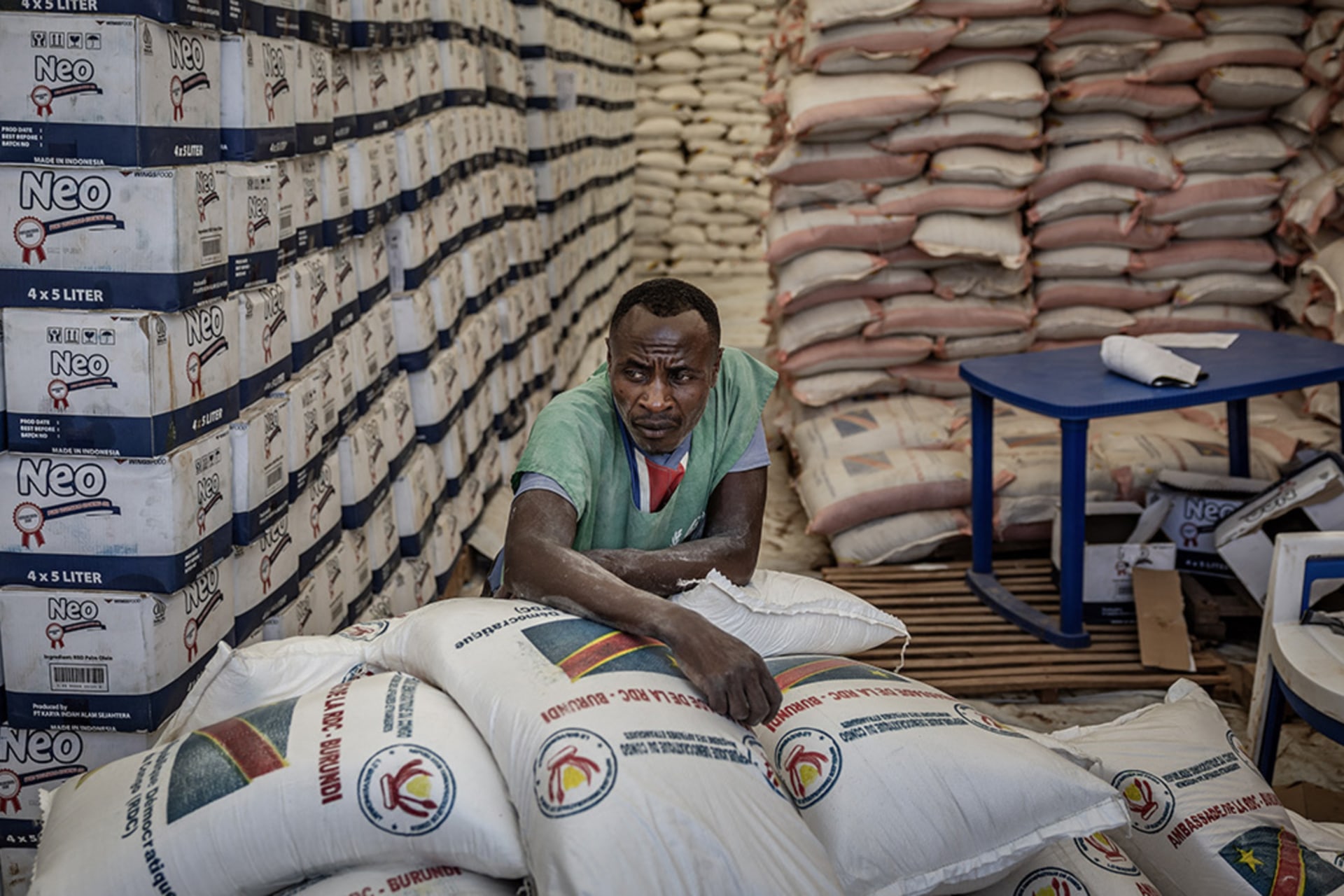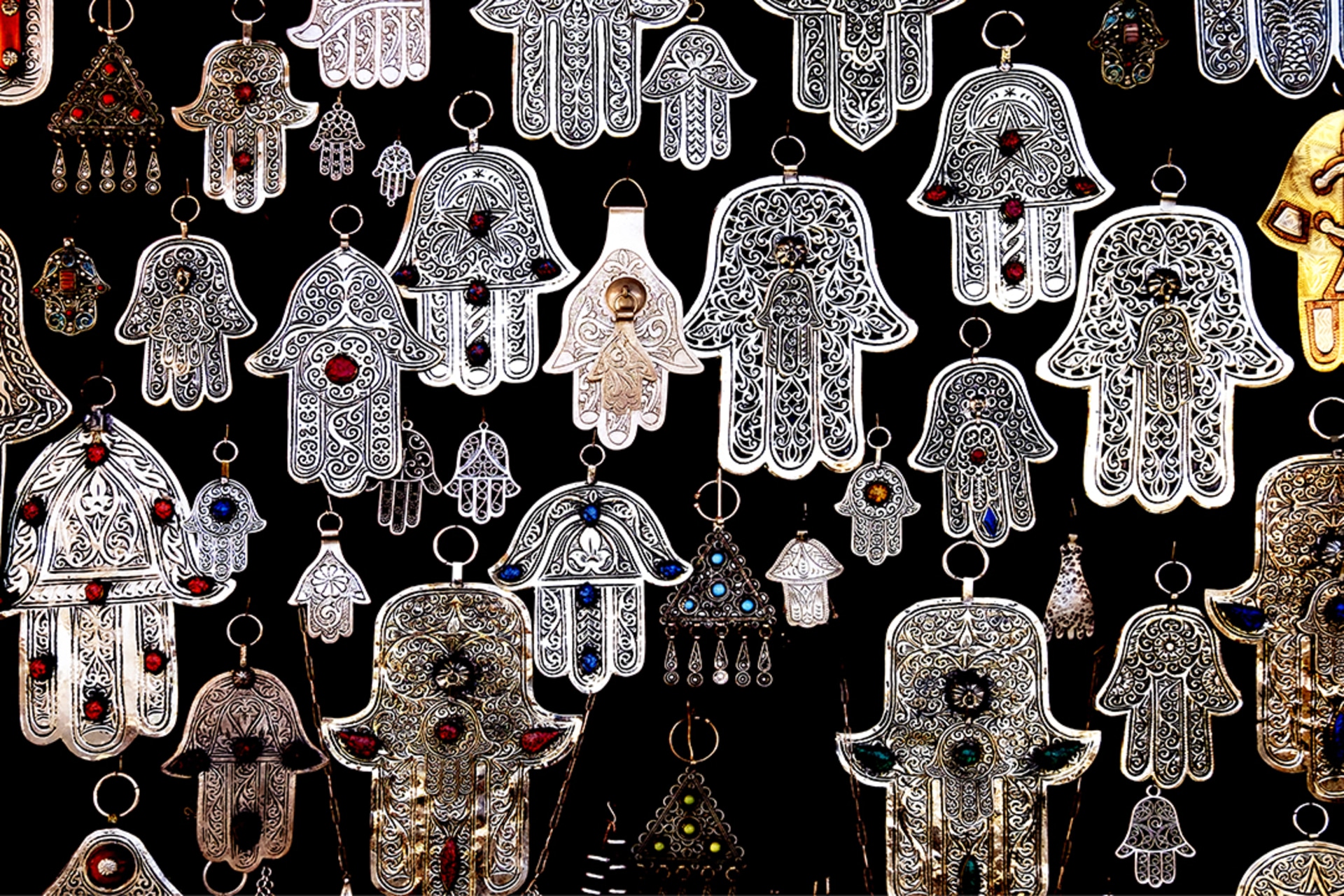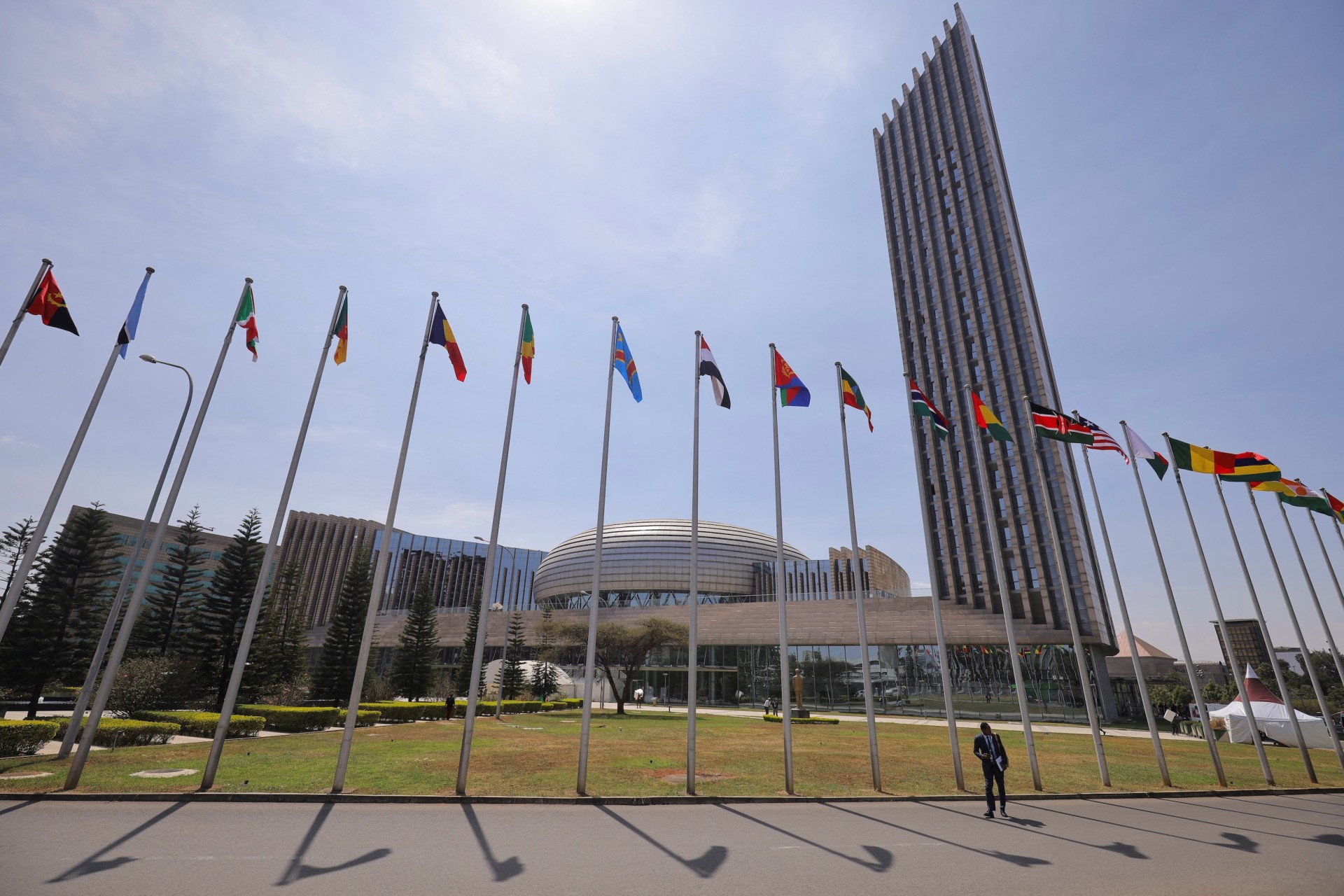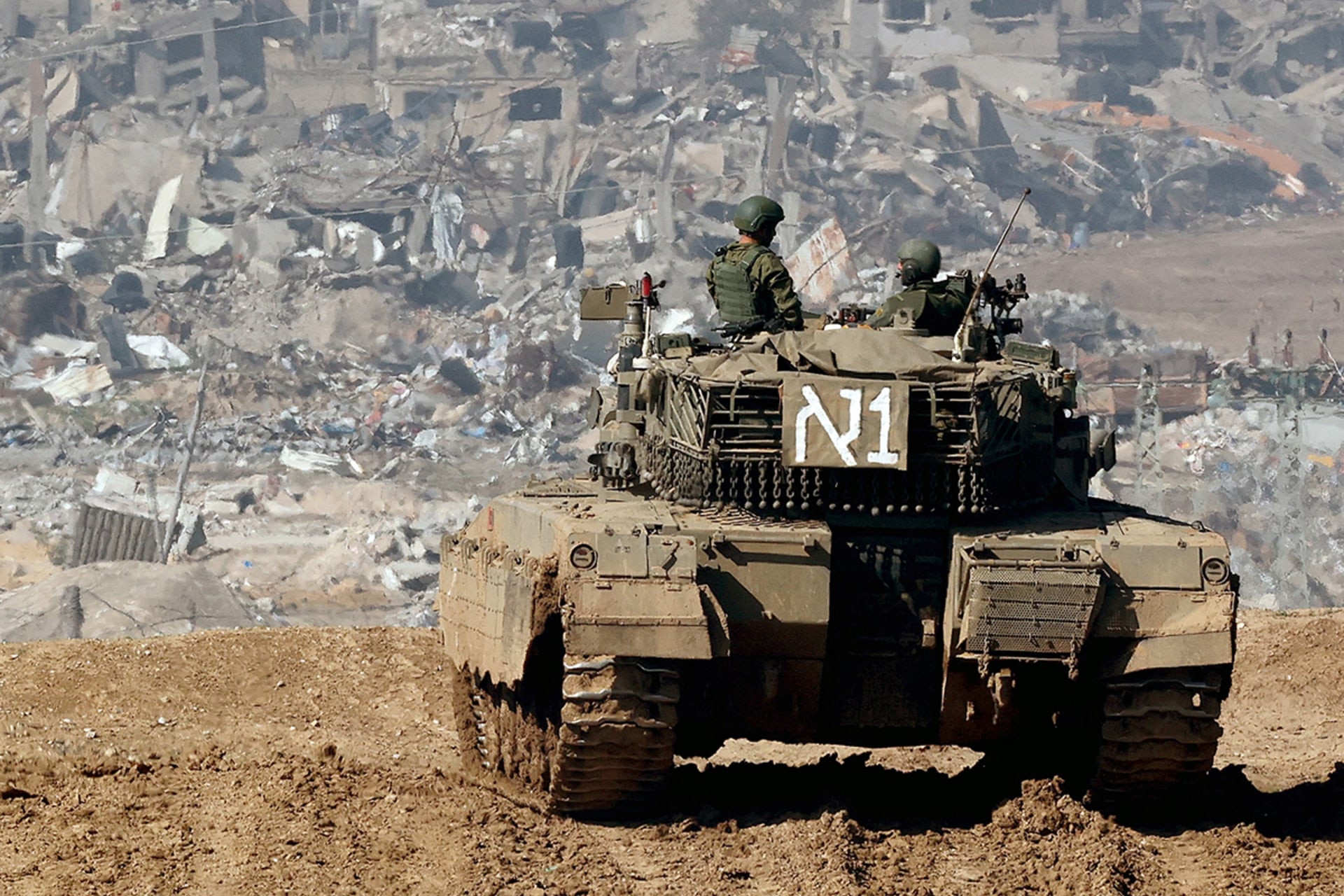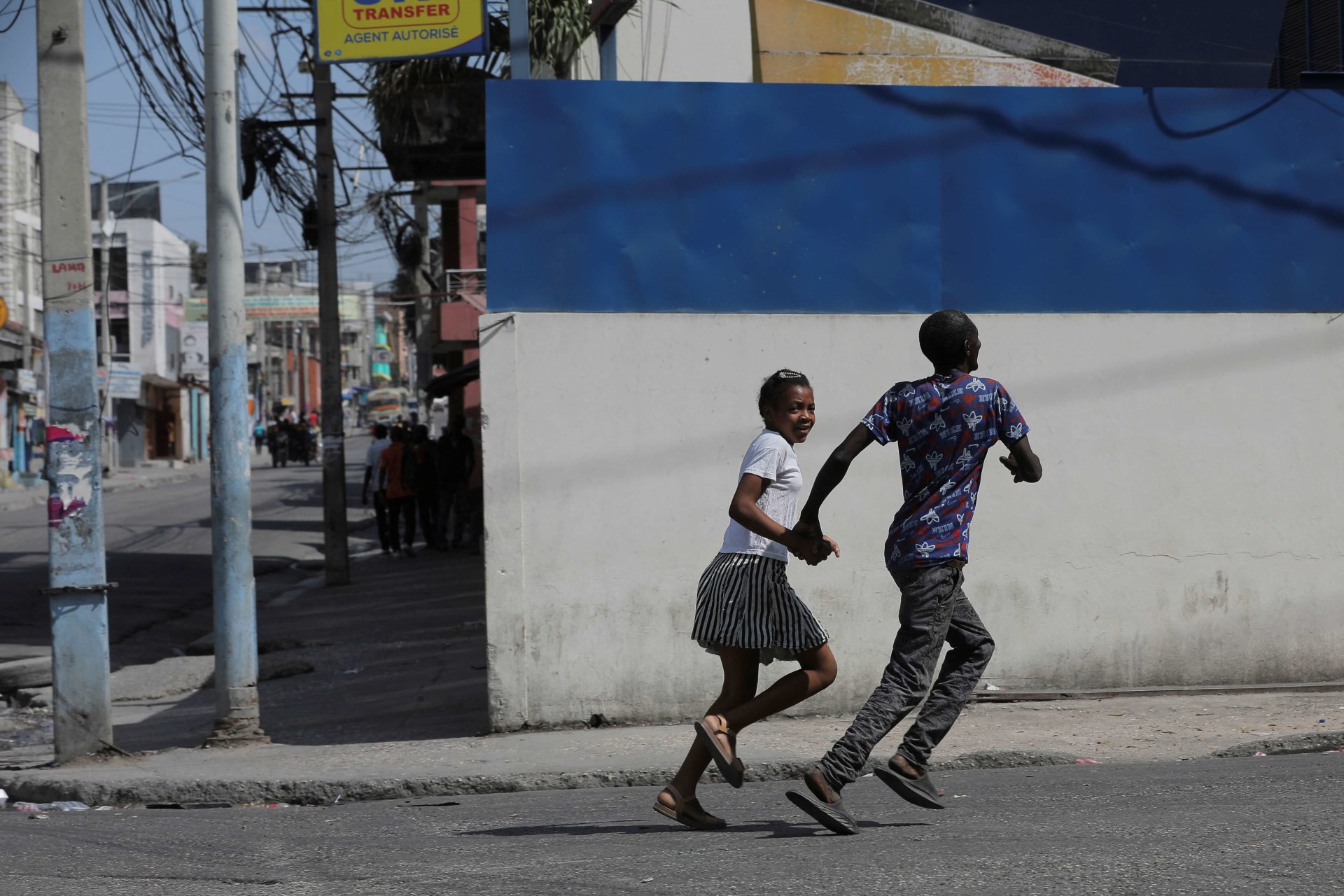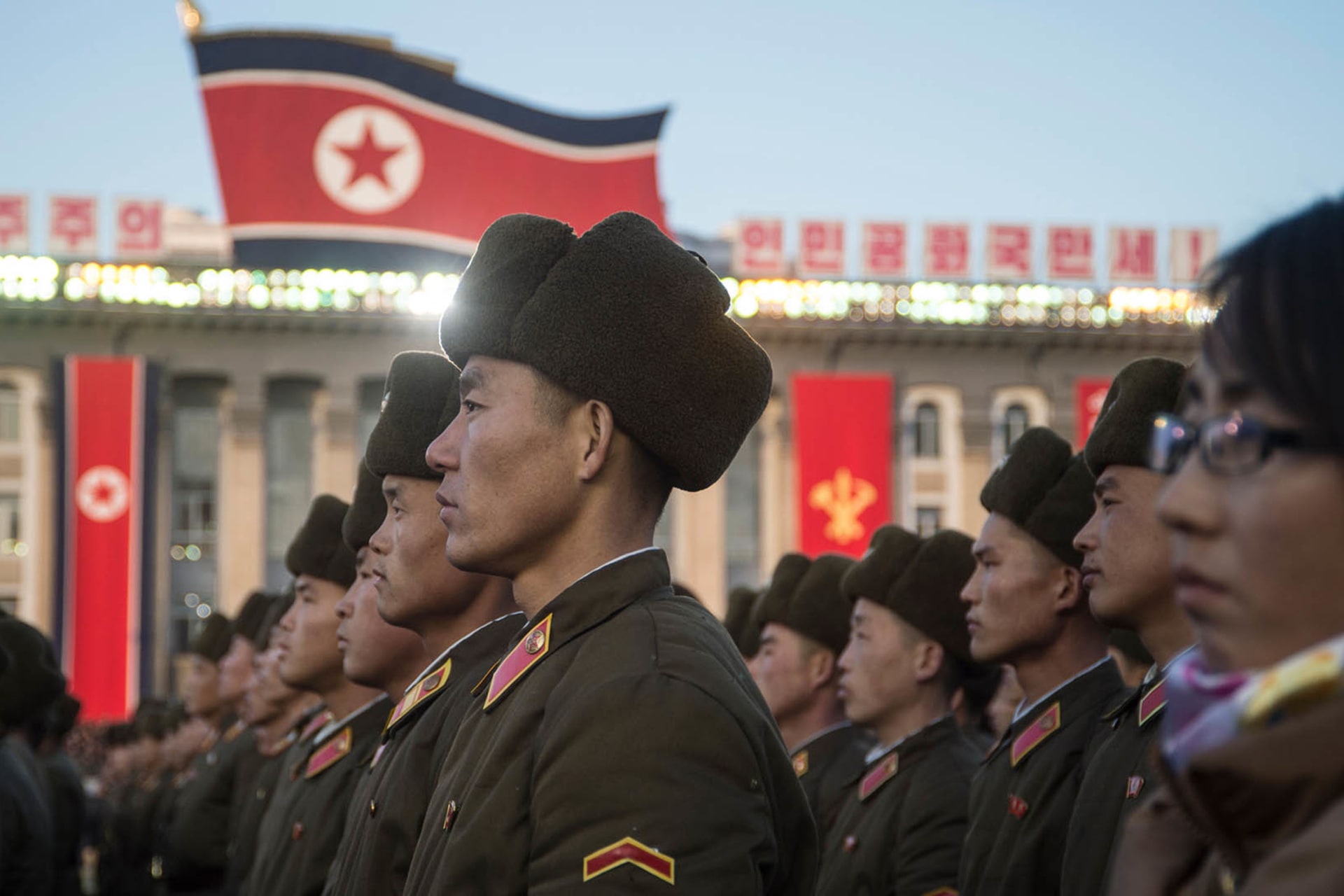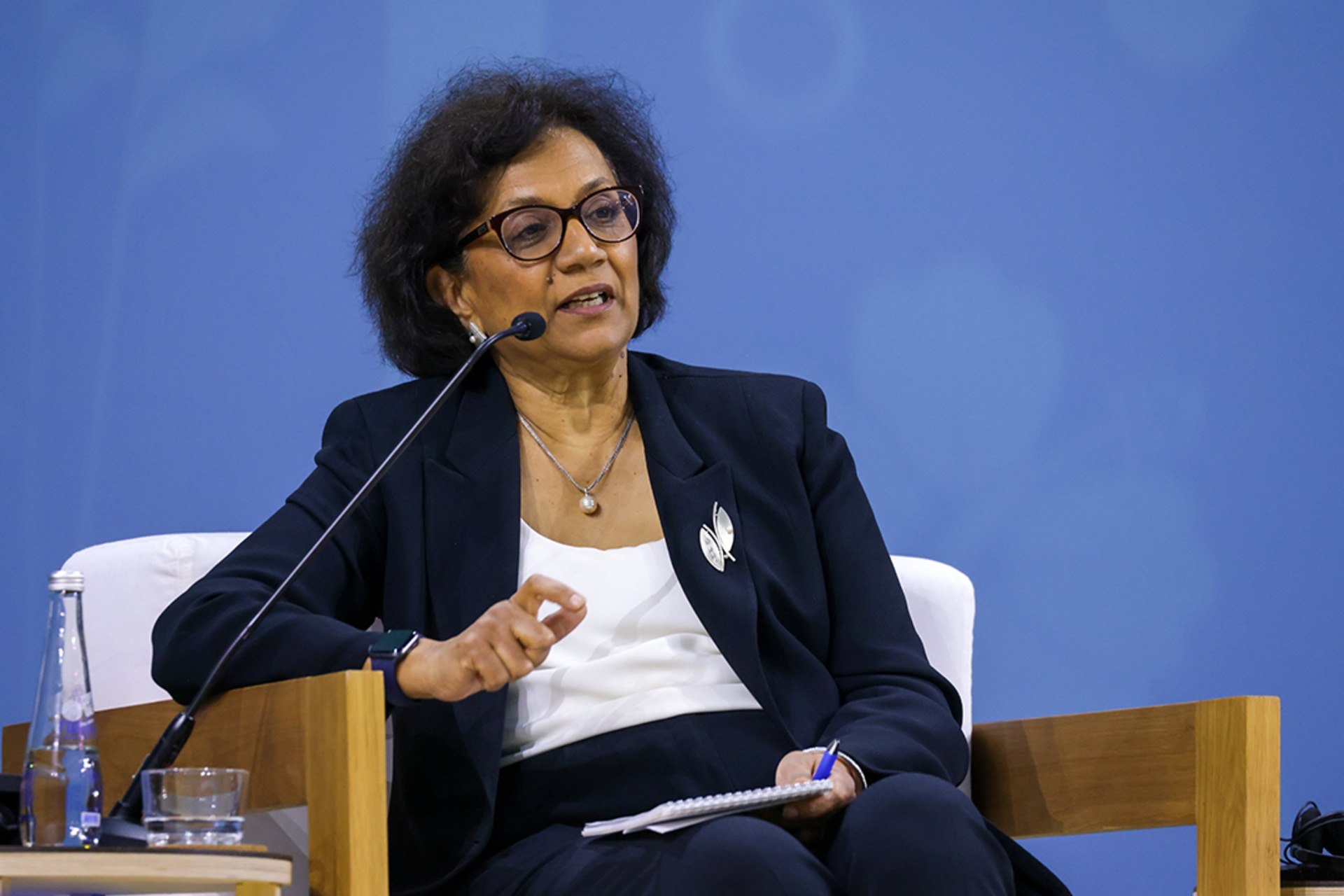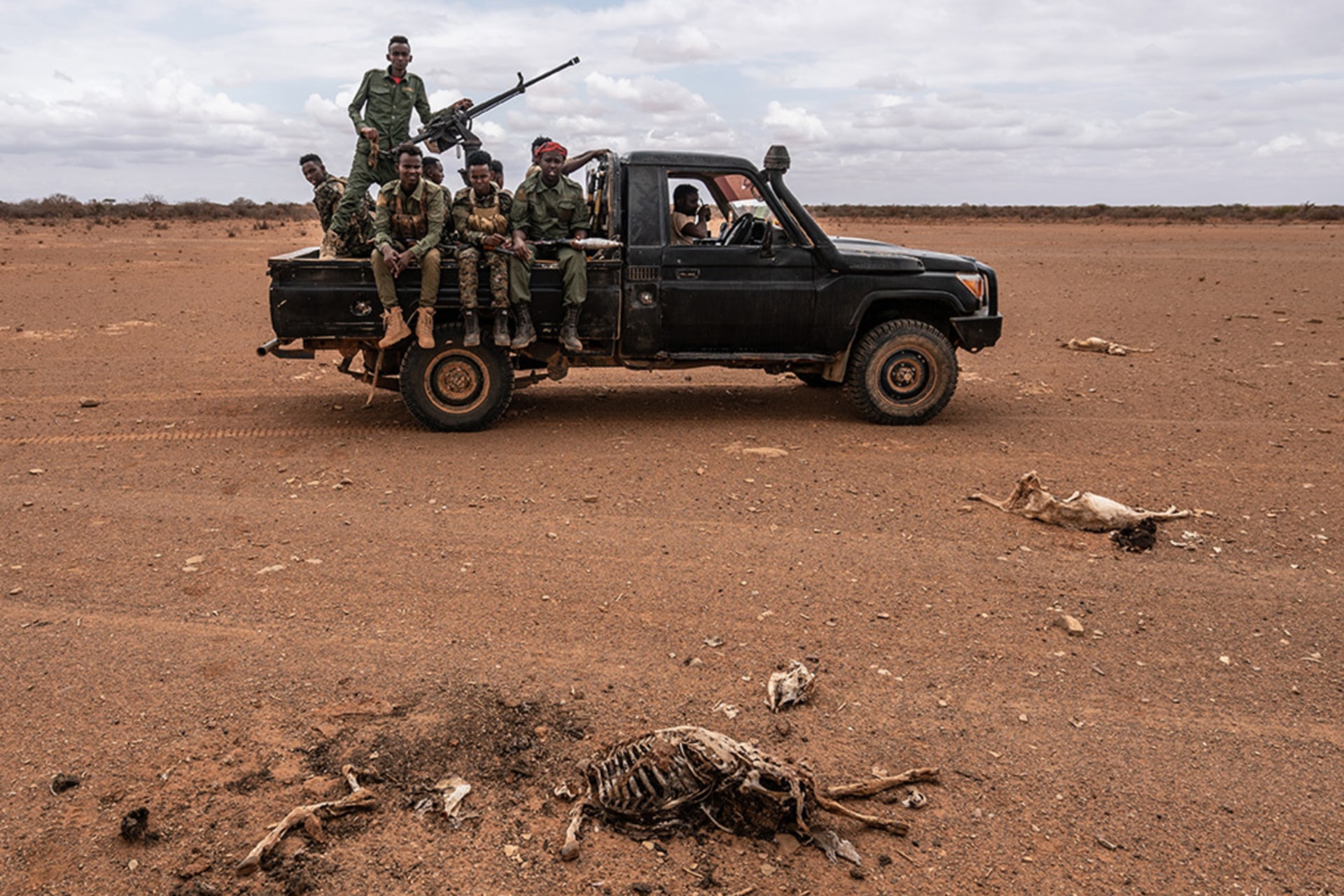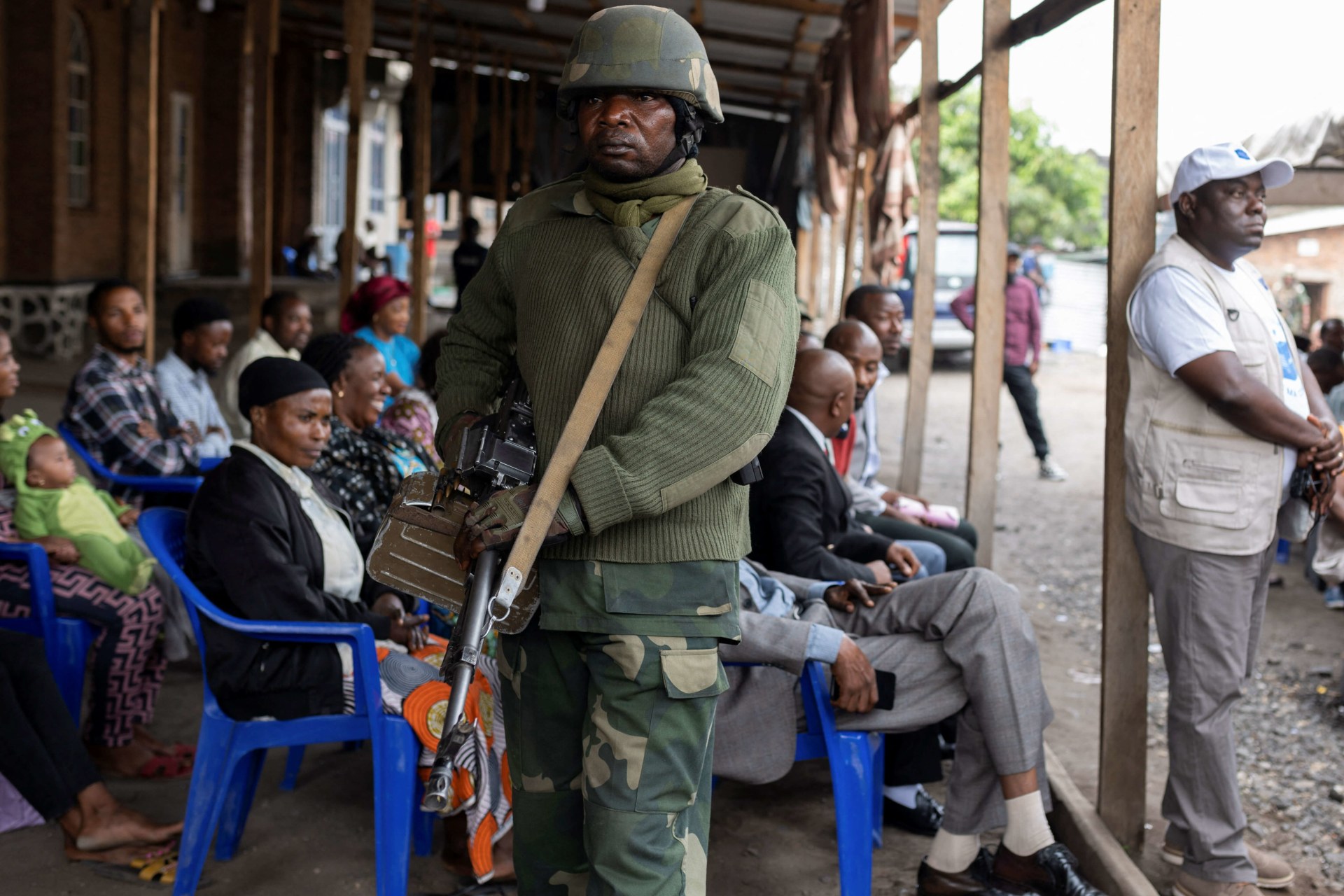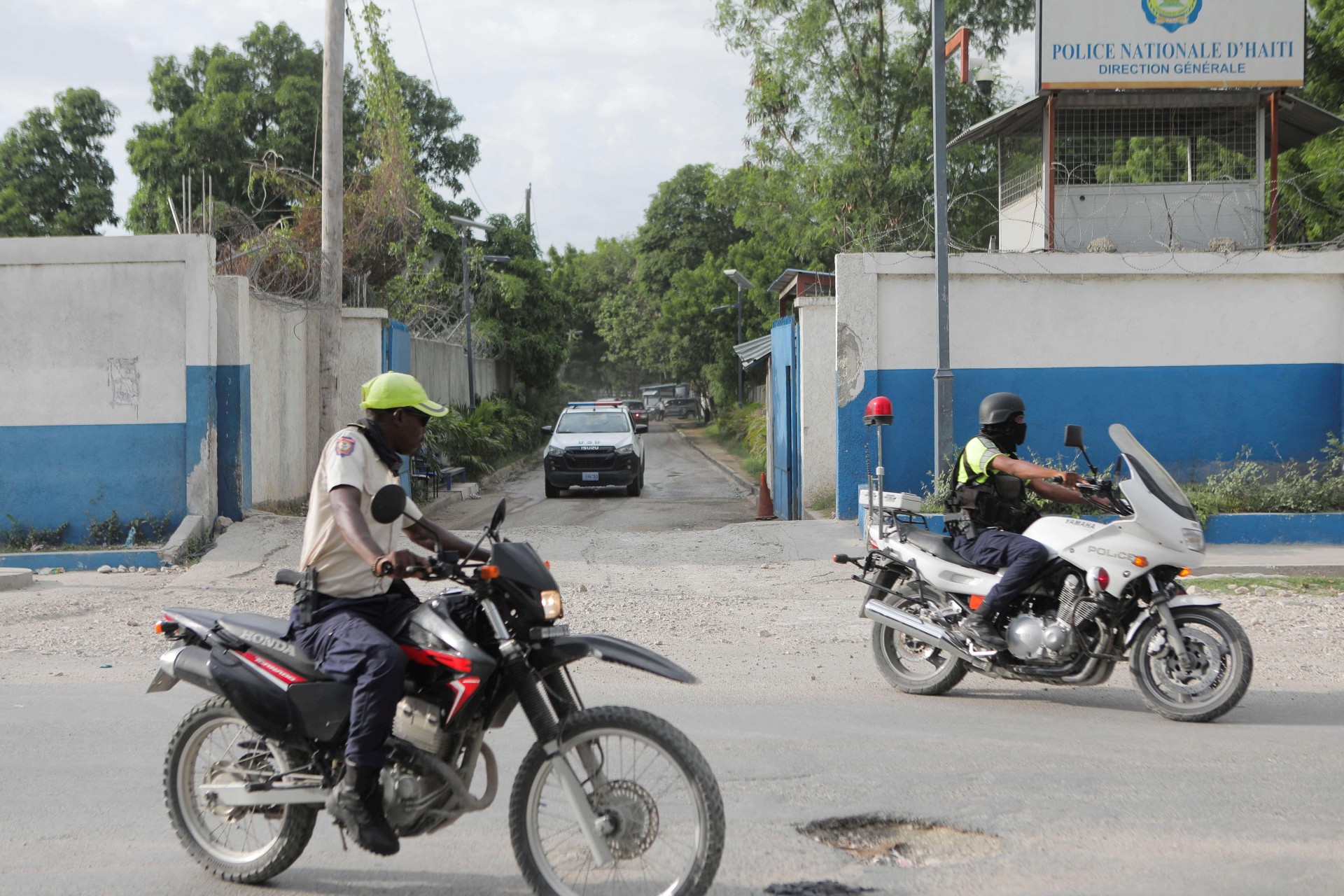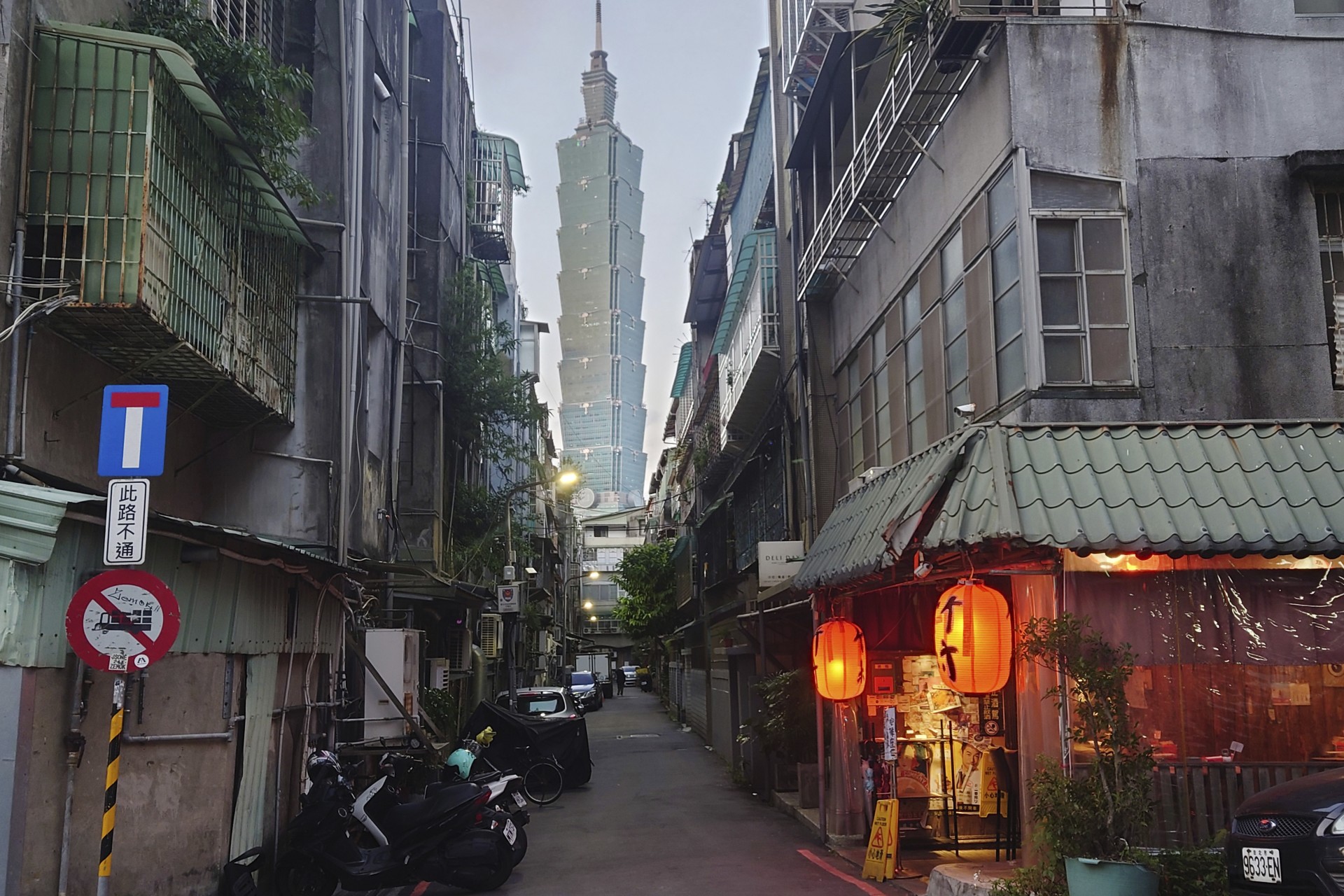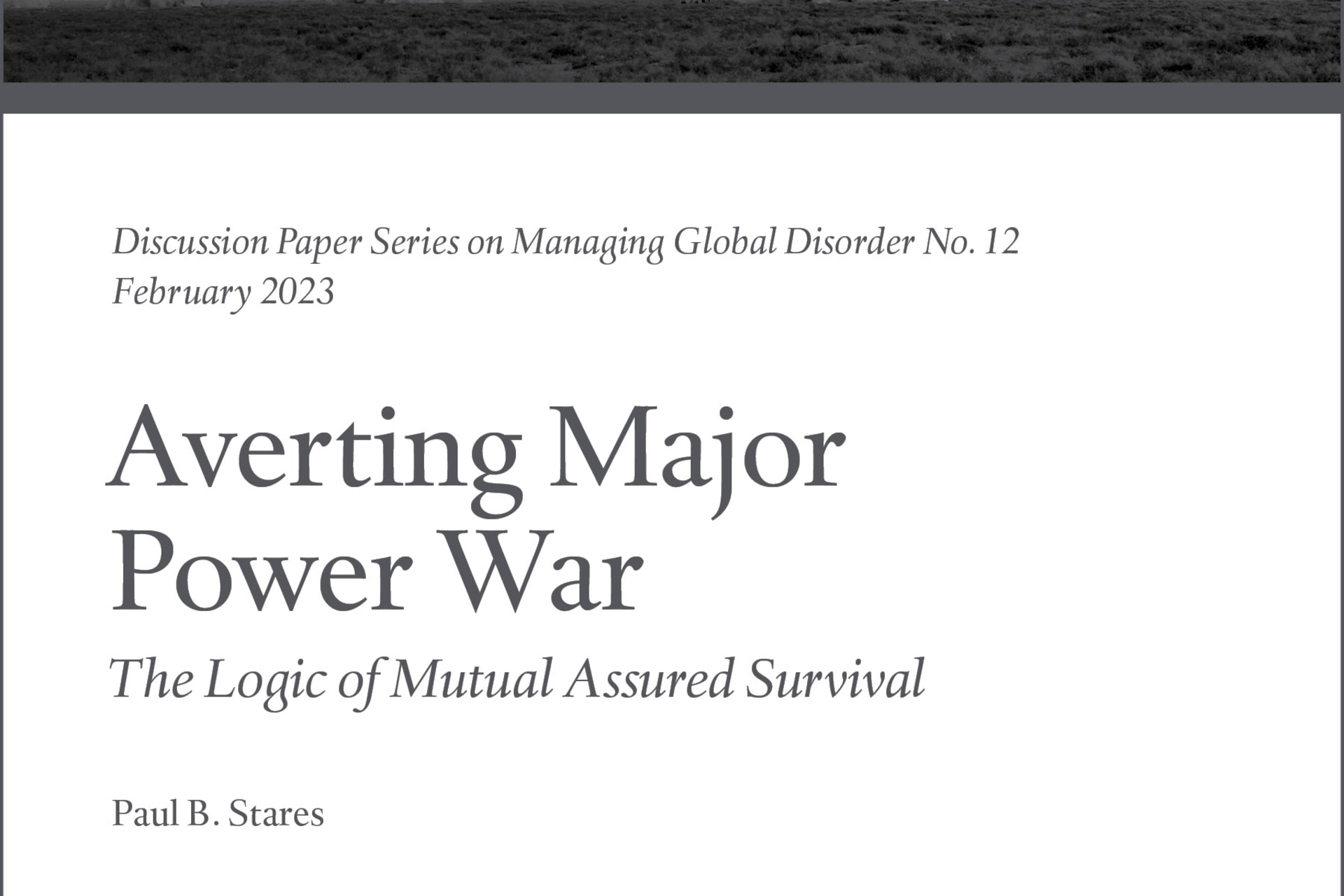Conflict Prevention
Archive
378 results
![]() By Abi McGowan and Mariel Ferragamo
By Abi McGowan and Mariel Ferragamo![Preventive Engagement by Paul B. Stares]()
Preventive Engagement
Paul B. Stares
![]() By Roxanna Vigil
By Roxanna Vigil![]() By David J. Scheffer
By David J. Scheffer![]() By Mariel Ferragamo
By Mariel Ferragamo![]() By Michelle Gavin
By Michelle Gavin![]() By Ebenezer Obadare
By Ebenezer Obadare![Timeline: North Korean Nuclear Negotiations]() By Eleanor Albert, Lindsay Maizland and Clara Fong
By Eleanor Albert, Lindsay Maizland and Clara Fong![]() By Natalie Caloca
By Natalie Caloca![]() By Michelle Gavin
By Michelle Gavin![]() By Ebenezer Obadare
By Ebenezer Obadare- Task Force Report
U.S.-Taiwan Relations in a New Era
![]()
